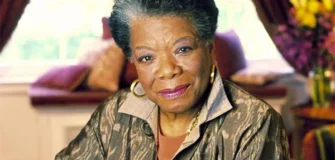Thurgood Marshall: The Legal Giant Who Dismantled Segregation and Redefined Justice
Share
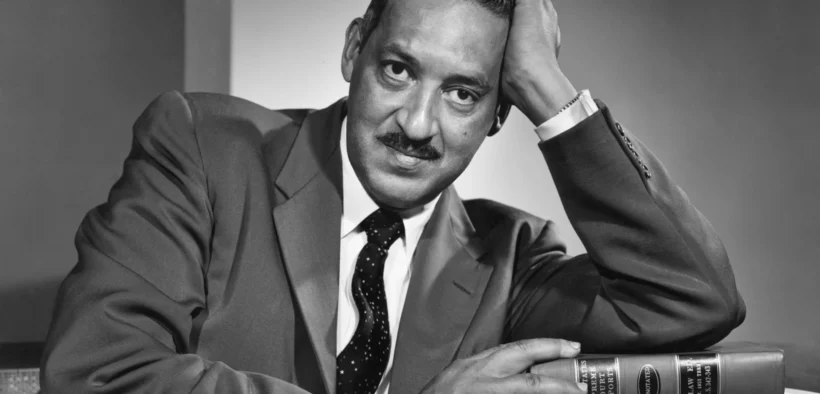
Thurgood Marshall’s life and legacy represent the triumph of justice over prejudice and the power of the law as a weapon for freedom. A towering figure in the Civil Rights era, Marshall not only fought segregation in America’s courts, he reshaped the nation’s definition of equality.
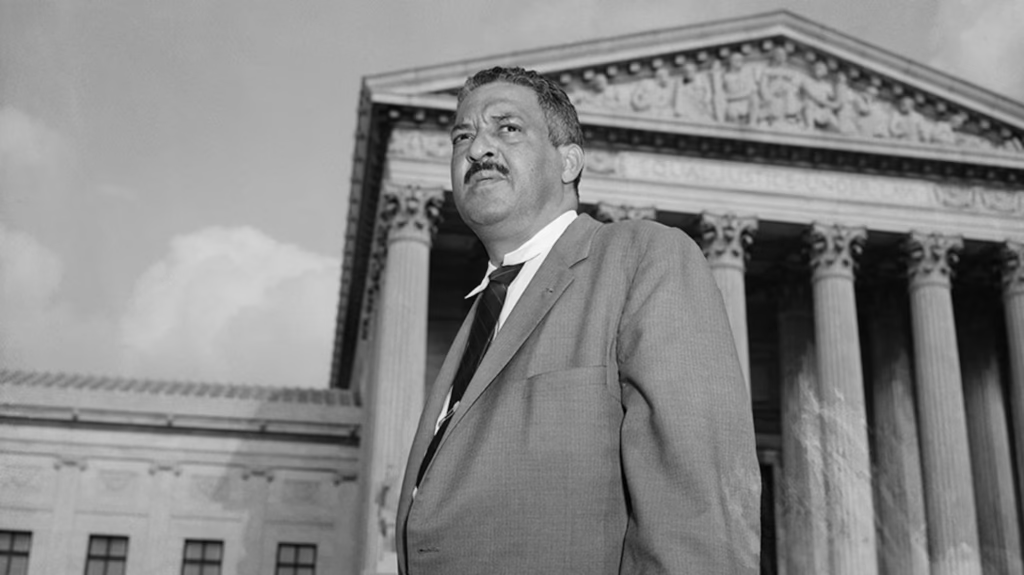
Born in Baltimore, Maryland, in 1908, Marshall grew up under Jim Crow laws that enforced racial segregation. His father, a railroad porter, and his mother, an elementary school teacher, instilled in him a deep respect for education and justice. After being denied admission to the University of Maryland Law School because of his race, Marshall attended Howard University School of Law, where he graduated first in his class under the mentorship of civil rights pioneer Charles Hamilton Houston.
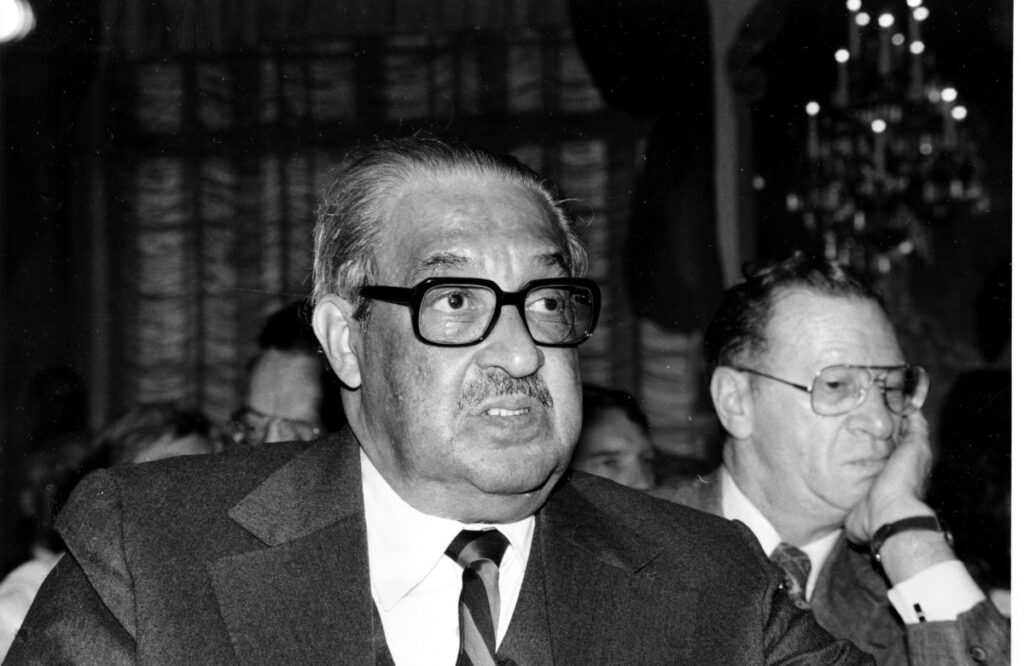
Marshall’s brilliance and tenacity as a lawyer soon made him the face of the NAACP Legal Defense and Educational Fund. His legal strategy systematically attacked segregation’s foundation, the false doctrine of “separate but equal.” Over his career, he argued 32 cases before the U.S. Supreme Court, winning 29 of them, an extraordinary record that changed the course of American history.
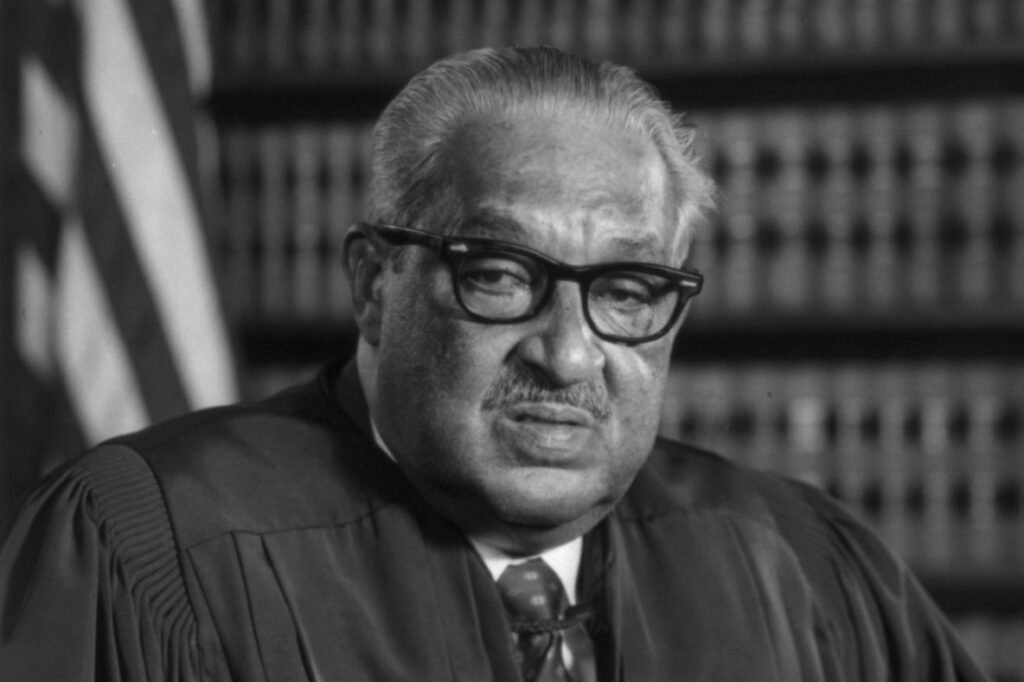
His most famous victory came in 1954 with Brown v. Board of Education, where the Supreme Court ruled that racial segregation in public schools was unconstitutional. That landmark decision became a cornerstone of the Civil Rights Movement, igniting nationwide efforts to end legal segregation.
In 1967, President Lyndon B. Johnson appointed Thurgood Marshall to the U.S. Supreme Court, making him the first African-American Justice in the nation’s history. On the bench, Marshall championed fairness, individual rights, and equal protection under the law, often penning powerful dissents that defended the marginalized and voiceless.
Marshall served for 24 years, retiring in 1991. His legal career spanned over six decades, from fighting Jim Crow laws to shaping modern constitutional rights. He passed away in 1993, leaving behind a legacy rooted in courage, intellect, and unshakable belief in justice for all.
Thurgood Marshall proved that one man with a brilliant mind and unwavering conviction could dismantle centuries of institutional racism. His work continues to influence every generation of lawyers, judges, and activists who believe that equality must not just be promised, it must be practiced.

